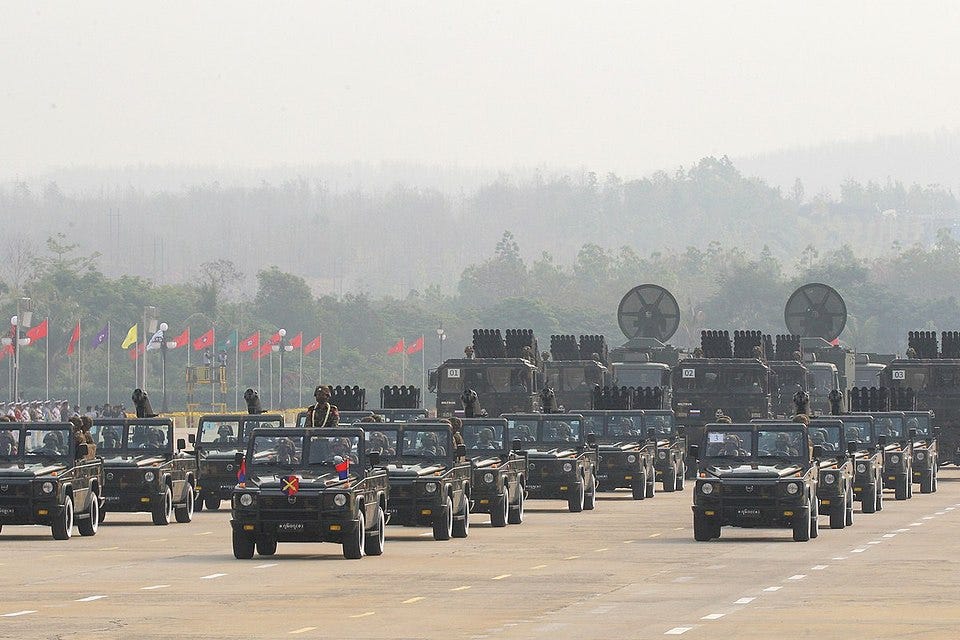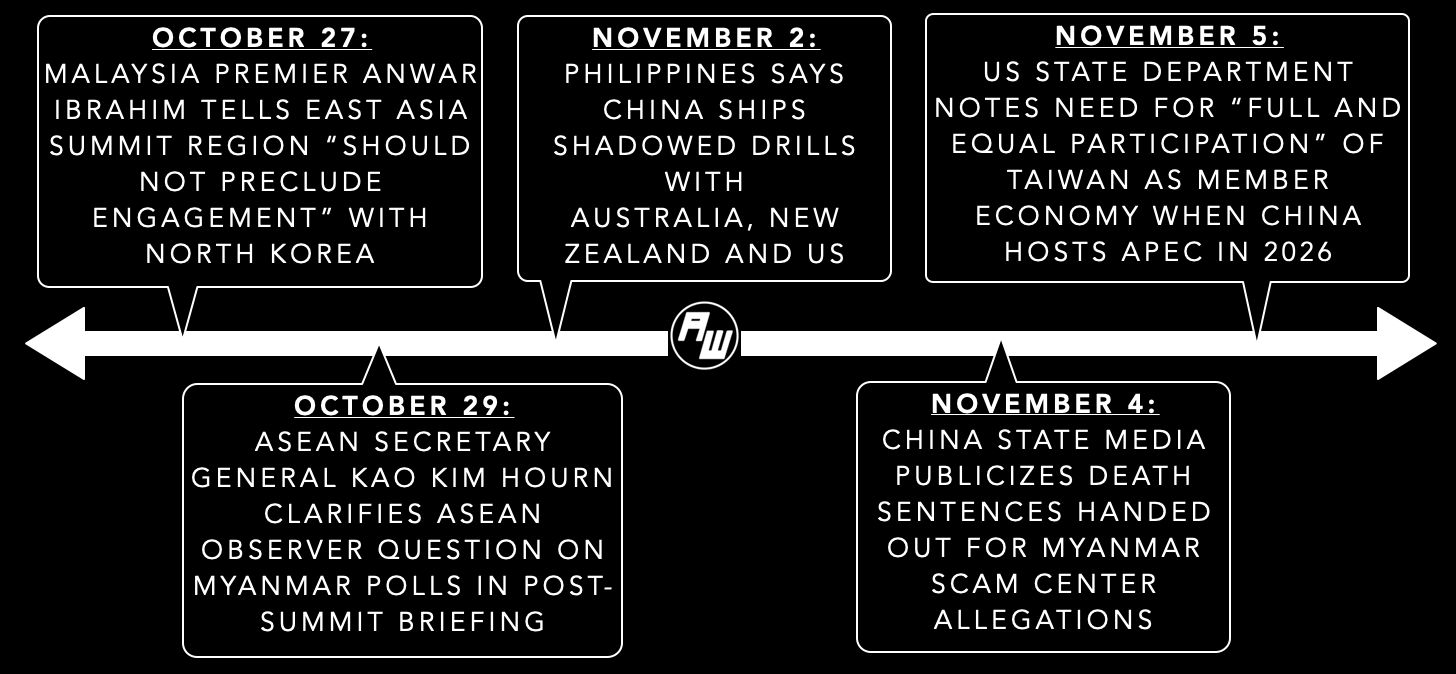Review: Broken Reform Bid Haunts Coming Myanmar 2025 Polls
Rare inside look by government advisor sheds light on geopolitical dynamics including managing China dependence and coordinating major power assistance.
A new book by a former government advisor provides a rare inside look into the underlying geopolitics and geoeconomics of reform efforts including managing China dependence and coordinating major power assistance.
WonkCount: 1,358 words (~6 minutes)
Review: Review: Broken Reform Bid Haunts Coming Myanmar 2025 Polls
Context
“[W]e would not have ASEAN observation team be sent…but whether each ASEAN member state sending…I do not know,” ASEAN Secretary-General Kao Kim Hourn told a recent briefing amid speculation over the evolving dynamics of observer deployment ahead of multiphased elections announced by Myanmar’s ruling military junta set to kick off later next month1. Beyond pre-election maneuvering on datapoints such as observer deployment that made headlines during the recent round of ASEAN summitry, even junta officials have expressed anxieties about upcoming polls being carefully watched given wider regional and global implications on everything from China inroads in Southeast Asia to proliferating scam networks2.
Select Recent Flashpoint Developments Related to Southeast Asia
A new book Best Laid Plans by scholar and former government advisor Sean Turnell delves into the underlying geopolitics and geoeconomics of reform efforts including managing China dependence and coordinating major power dynamics3. In doing so, it provides a rare inside look at reform period in Myanmar, adding to earlier practitioner-based perspectives such as Understanding Reform in Myanmar by Marie Lall who had worked with NGOs and civil society, along with some other recent works we reviewed here on ASEAN Wonk4. Turnell dives deep into policy dynamics, from the challenges of renegotiating infrastructure projects with China to Aung San Suu Kyi’s frustrations at why so many foreign dignitaries were handing her copies of the popular book Why Nations Fail whose authors won the Nobel Prize last year. “[A]ll came close to realizing their promise,” the book notes on key initiatives before delving into specifics behind their logic as well as future trajectory5.
Analysis
The book also highlights new policy initiatives undertaken in key priority areas with relevance beyond Southeast Asia and the wider Indo-Pacific region (see originally-generated ASEAN Wonk table below for a summary of future implications. Paying subscribers can also read the rest of the “Analysis” section and “Implications” section looking at how these dynamics play out in the future).





